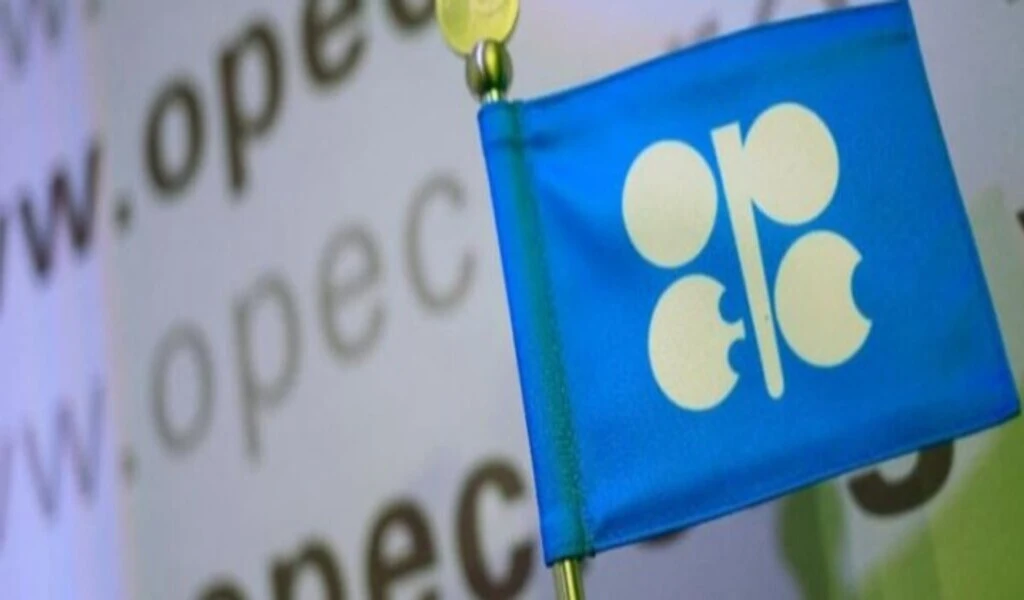(CTN News) – reported Monday that OPEC oil output decreased last month, reflecting lower exports from Iraq and Nigeria, against a backdrop of ongoing voluntary supply cuts by some members in accordance with the broader OPEC+ agreement.
According to the survey, shipping data and information from industry sources indicate the Organization of the Petroleum Exporting Countries produced 26.42 million barrels per day (bpd) last month, a decrease of 50,000 bpd from February.
To counter economic weakness and increased supply outside OPEC+, several members of the group cut production in January. These members include OPEC, Russia and other allies. In a recent agreement, producers agreed to maintain them until the end of June.
OPEC+’s ministerial panel will meet on Wednesday to review the market and member production, but is not expected to recommend any policy changes until June’s full meeting.
According to the survey, Iraq and Nigeria reported the largest decreases in output in March.
To make up for pumping above its OPEC target,
Iraq pledged last month to lower exports by 130,000 barrels per day from February. Based on the survey, 50,000 barrels per day were cut in March, but there is more work to be done in later months in order to meet the pledge.
It appears that Nigerian production declined as well, with exports falling more sharply as the Dangote refinery took on more cargoes, according to ship trackers.
OPEC’s March production fell short of its target by about 190,000 barrels per day, largely due to Iraq, Nigeria, and Gabon pumping more than they had planned, the survey found.
According to the survey, Gulf producers Saudi Arabia, Kuwait, and the United Arab Emirates all maintained close adherence to their voluntary output targets. Algeria also did so.
As a result of the quota exemption, production in Iran edged lower, according to the survey. In spite of U.S. sanctions, Iran continues to pump near its five-year high reached in November after posting one of OPEC’s largest increases in 2023.
There was no significant increase in output from any OPEC country last month, according to the survey. Aside from being exempt from quotas, Libya also pumped 20,000 bpd as its production returned to normal after being disrupted in February.
Based on shipping data provided by external sources, LSEG flows data, information from companies that track flows, such as Petro-Logistics and Kpler, and information provided by sources within oil companies, OPEC, and consultants, the Reuters survey aims to track supply to the market.
SEE ALSO:






